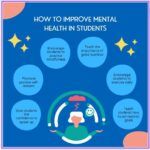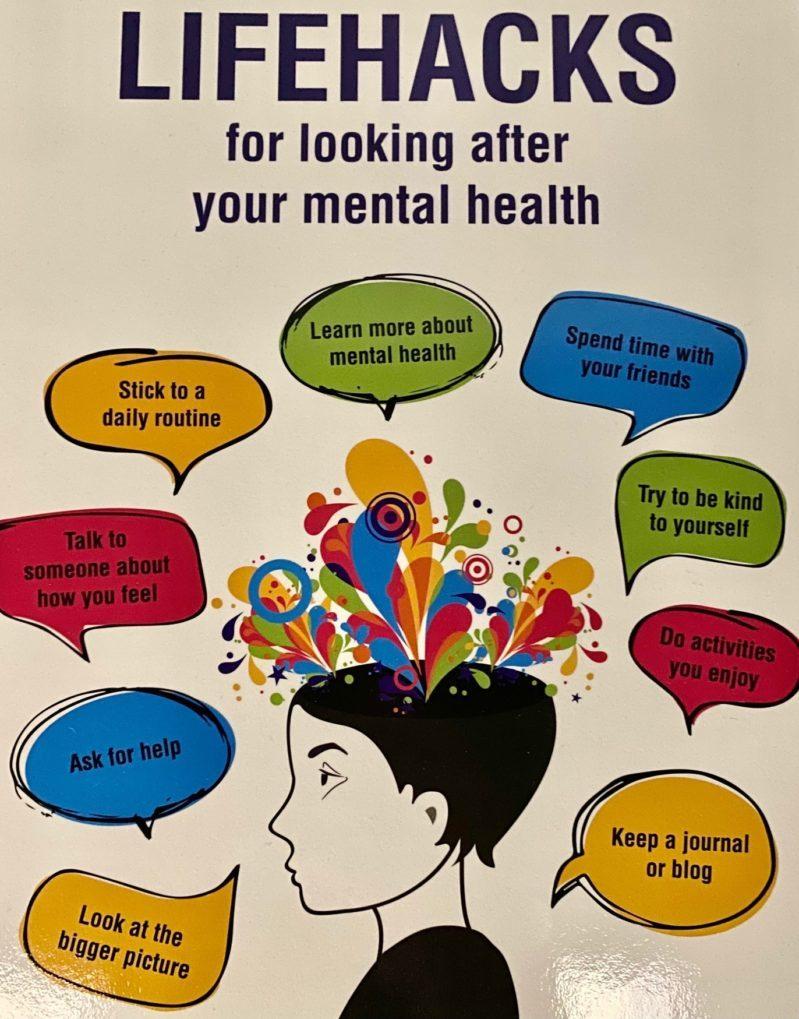
Why Is Mental Health Important For Students

Why Is Mental Health Important for Students?
Mental health is a crucial component of every student’s educational experience and overall well-being. While academic achievements and physical health often take center stage, acknowledging and supporting mental health for students can profoundly improve their academic success, social interactions, and long-term happiness. In this article, we will explore why mental health matters so much in the student community, the tangible benefits of prioritizing it, and practical tips students and educators can use to foster a healthy mental state.
The Significance of Mental Health in the Student Experience
Mental health encompasses emotional, psychological, and social well-being, influencing how individuals think, feel, and behave daily. For students, maintaining good mental health is vital because it affects:
- Academic performance: Stress, anxiety, and depression can seriously impair focus, memory, and motivation, leading to lower grades and disengagement.
- Social relationships: Healthy mental wellness helps students build meaningful friendships, communicate effectively, and navigate interpersonal challenges.
- Physical health: Mental health issues often increase the risk of physical illnesses due to stress-related behaviors like poor sleep and unhealthy eating.
- Resilience and coping: Students with stable mental health can better handle setbacks, academic pressures, and life changes.
Common Mental Health Challenges Students Face
Understanding typical issues students encounter highlights why mental health support should be prioritized:
- Stress and anxiety: Pressure from exams, social dynamics, and future planning.
- Depression: Feelings of sadness, isolation, and hopelessness that affect motivation.
- Sleep disorders: Irregular sleep patterns exacerbate mental health problems and impair concentration.
- Substance use: Some students may use drugs or alcohol as a coping mechanism.
- Bullying and peer pressure: Negative social experiences can undermine self-esteem and security.
Benefits of Promoting Mental Health for Students
Focusing on mental health in educational environments brings a multitude of advantages to students, schools, and communities.
| Benefit | Positive Outcome |
|---|---|
| Improved Academic Outcomes | Better concentration, problem-solving skills, and higher grades |
| Enhanced Emotional Resilience | Stronger ability to handle stress and rebound from challenges |
| Better Social Skills | Healthier relationships and communication with peers and teachers |
| Reduced Dropout Rates | Increased engagement and perseverance in education |
| Lower Risk of Long-Term Mental Illness | Early intervention prevents chronic psychological disorders |
Practical Tips for Students to Maintain Good Mental Health
Students can actively support their mental health through daily habits and mindful practices.
- Establish a routine: Consistent sleeping patterns, meal times, and study schedules create stability.
- Prioritize physical activity: Regular exercise releases endorphins and reduces anxiety.
- Practice mindfulness and relaxation: Meditation, deep breathing, or even hobbies can help manage stress.
- Connect socially: Engage with friends, family, or support groups to build a network of care.
- Ask for help when needed: Speak with counselors, teachers, or mental health professionals without hesitation.
- Limit screen time and social media: Too much exposure can increase stress and negative feelings.
- Stay organized: Use planners or apps to manage deadlines, reducing last-minute stress.
Case Study: Successful Mental Health Programs in Schools
Several educational institutions have implemented comprehensive mental health initiatives with remarkable results:
- Mindfulness in the Classroom: A high school introduced daily mindfulness exercises, leading to a 30% drop in reported student anxiety.
- Peer Support Networks: A college created student-led mental wellness groups, increasing help-seeking behavior by 40% within a year.
- Counseling Accessibility: An elementary school expanded counselor availability, resulting in better attendance and fewer disciplinary actions.
How Schools and Educators Can Support Student Mental Health
Educators and school systems play a pivotal role in fostering positive mental health among students by:
- Creating safe, inclusive environments: Respectful and welcoming classrooms encourage openness and support.
- Training staff in mental health awareness: Recognizing signs early aids timely intervention.
- Implementing social-emotional learning (SEL) programs: Teaching skills like empathy and stress management.
- Providing access to counseling services and resources: Making professional support convenient and stigma-free.
- Encouraging parent and community involvement: Strong partnerships create a broader safety net for students.
Frequently Asked Questions (FAQ)
| Question | Answer |
|---|---|
| How can students recognize if they need mental health support? | Look out for persistent feelings of sadness, anxiety, difficulty concentrating, irritability, or withdrawal from social activities. |
| What resources are available at schools for mental health? | Many schools offer counselors, peer support groups, workshops, and referral services to external professionals. |
| Does focusing on mental health affect academic results? | Yes, positive mental health improves focus, productivity, and motivation, which leads to better academics. |
| Can parents help improve a student’s mental health? | Absolutely, parental support, listening, and encouraging healthy habits play a vital role. |
Conclusion
In today’s demanding educational environment, recognizing why mental health is important for students is more critical than ever. Good mental health fosters a balanced emotional state that supports learning, relationships, and overall development. By promoting awareness, implementing effective support systems, and encouraging self-care habits, students can thrive both academically and personally. Remember, mental health is not just the absence of illness – it’s a foundation for a successful, fulfilling student life.
Prioritize your mental well-being, seek help when needed, and create an educational journey filled with resilience and hope.






